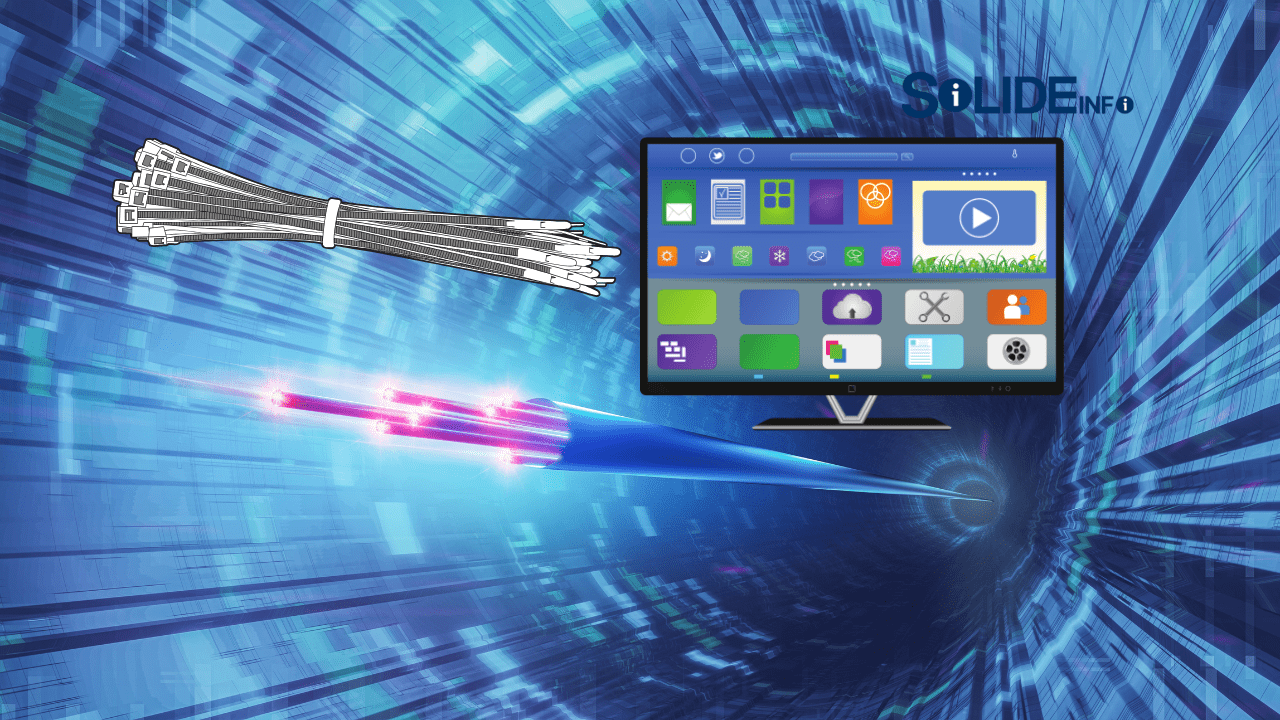The Battle of Features: Flexibility vs. Reliability
In today’s fast-paced digital age, how we consume television has evolved dramatically. The rise of Internet TV (streaming/IPTV) and the steadfast presence of Satellite TV represent two sides of the same coin: entertainment delivery. But which one truly aligns with modern lifestyles? Let’s break down their features.
Internet TV thrives on flexibility. Platforms like Netflix and Hulu offer on-demand libraries, letting you binge-watch entire seasons or discover niche content at your convenience. Unlike satellite, streaming services work seamlessly across devices—smartphones, tablets, laptops, and smart TVs—making them ideal for multitaskers and travelers. For instance, a commuter can stream a show on their phone, while a family watches a movie on a 4K HDR smart TV at home.
Satellite TV, on the other hand, excels in live broadcasts with minimal latency. Sports fans and news junkies often prefer satellite providers like DIRECTV because live events sync in real-time, avoiding the 30-second delays common with streaming. Satellite also bypasses internet dependency, a lifesaver in rural areas with spotty broadband. However, it lacks personalized recommendations or offline viewing—features that make Internet TV feel tailor-made for today’s on-the-go viewers.
Verdict: If you crave on-demand freedom and multi-device access, Internet TV wins. But for reliable live TV in low-internet zones, satellite still holds ground.
(Learn how to optimize your home network for streaming in our Tech Setup Guide.)
Tech and Security Considerations: Data, Privacy, and Risks
As technology advances, so do risks. Let’s explore how both platforms handle security and user data—a critical concern for privacy-conscious audiences.
Internet TV’s Achilles’ Heel: Connectivity and Privacy
Streaming relies entirely on your internet connection. Slow speeds? Buffering. Data caps? Overage fees. Worse yet, insecure networks expose you to cyberthreats. For example, free IPTV services often lack encryption, making them hotspots for malware or phishing attacks. Even legitimate platforms like Disney+ can suffer breaches if users reuse weak passwords.
To mitigate risks, always use a VPN and enable two-factor authentication. Our guide on Streaming Safely dives deeper into protecting your data.
Satellite TV: Limited Risks, Limited Innovation
Satellite TV avoids internet-based threats, as signals come directly from space (no joke!). However, its hardware isn’t foolproof. Outdated set-top boxes can harbor vulnerabilities, and physical dish installations are prone to weather disruptions—think storms knocking out your Sunday football game.
Neither system is bulletproof, but Internet TV’s adaptability allows for quicker security updates. Plus, with Web3 innovations like blockchain-based content ownership on the horizon (more on that later), streaming’s future looks brighter—and safer.
(The FCC’s guidelines explain satellite signal reliability.)
The Future of TV: Web3, 5G, and Decentralized Streaming
The next frontier of TV isn’t just about better resolution—it’s about decentralization and user empowerment. Here’s how emerging tech could reshape both platforms.

Web3 and Blockchain: A Game-Changer for Streaming
Imagine owning a piece of your favorite show via NFTs or earning tokens for watching ads. Web3 platforms like Audius (for music) hint at a future where viewers directly support creators, bypassing middlemen like Netflix or cable providers. This aligns with our deep dive into Web3’s Entertainment Potential.
5G and Satellite Hybrids
While satellite struggles to innovate, companies like Starlink are merging satellite internet with streaming capabilities. 5G networks will also turbocharge mobile streaming, enabling buffer-free 4K on smartphones—something traditional satellite can’t match.
The Role of AI
Streaming services already use AI for recommendations, but future iterations could auto-generate subtitles in real-time or upscale low-res videos dynamically. Satellite TV, with its rigid infrastructure, lags in adopting such smart features.
(Explore how AI is transforming media.)
Which Should You Choose?
Internet TV is undeniably more modern, with its AI-driven personalization, multi-device support, and alignment with Web3 trends. However, Satellite TV remains relevant for live TV purists and those in internet-starved regions.
For most, a hybrid approach works best: use streaming for daily entertainment and satellite for live sports or news. And as 5G and Web3 mature, the scales will tip further toward Internet TV.
Ready to Future-Proof Your Setup? Check out our guides on Smart Home Tech and Web3 Basics to stay ahead.
(Forbes’ 2023 Streaming Trends Report highlights industry shifts.)



